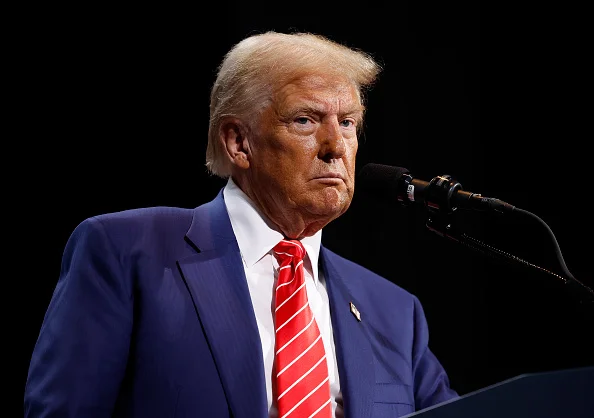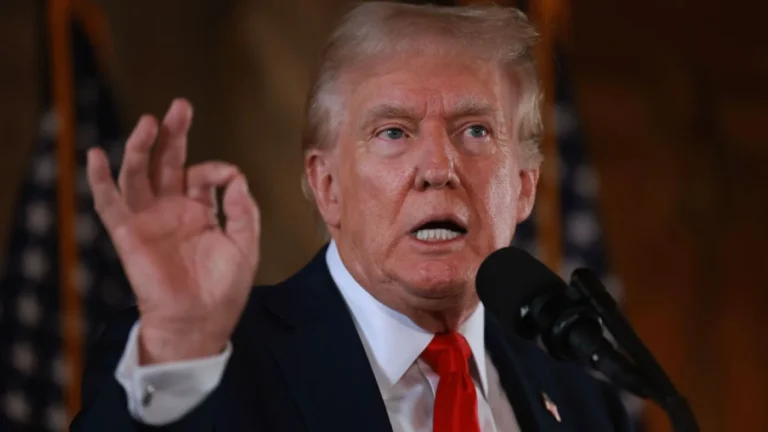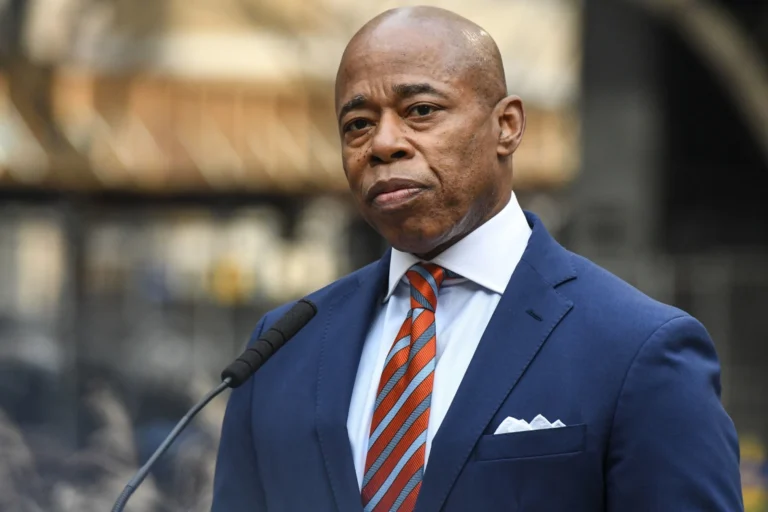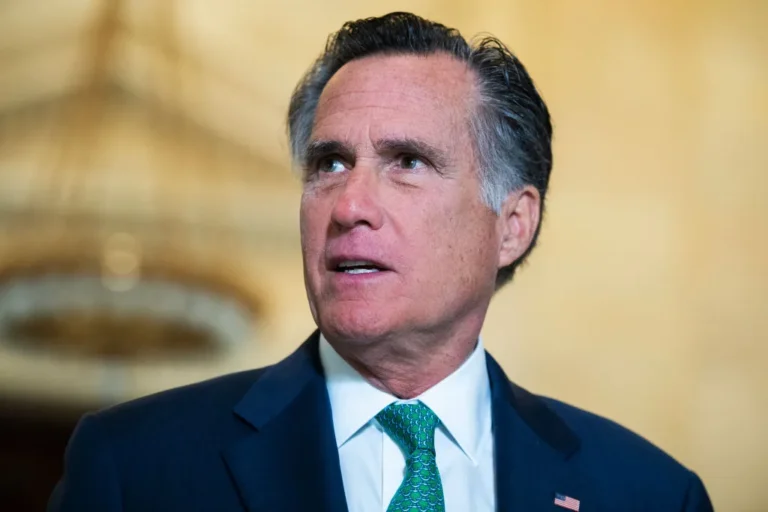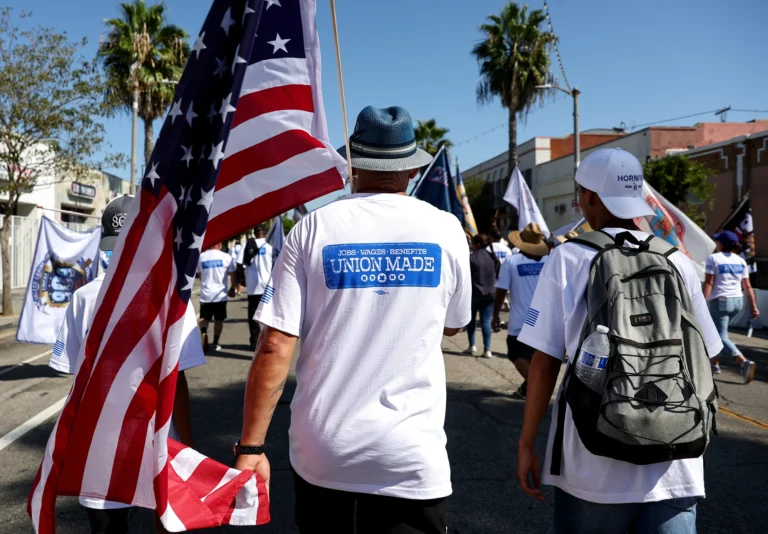International Students Face Uncertainty Ahead of New Administration
Kevin Lu, a senior finance major at the University of Southern California (USC), was eagerly anticipating his first trip home in over a year to reunite with his parents in Shenzhen, China, during the winter break. However, as the inauguration of President-elect Donald Trump approaches, he made a difficult decision to stay in Los Angeles instead.
“It’s too risky,” Lu explained, referencing Trump’s previously stringent policies on China, including heightened scrutiny of Chinese student visas, which were viewed as potential security threats, and proposals to reinstate travel bans. These restrictions had caused significant disruptions in the past, leaving international students stranded and uncertain about their futures.
Lu is not alone in his apprehension. At USC, where international students make up more than a quarter of the 47,000-strong student body, many are reassessing their travel and career plans. For these students, the incoming administration’s policies, which have historically sent mixed messages about the value of foreign students and workers in the U.S., are prompting anxiety and quick decision-making.
Some students have opted to cancel trips home entirely, while others have adjusted their post-graduation aspirations, questioning the feasibility of starting their careers in the United States. For many, the fear lies not only in potential new restrictions but also in the possibility of abrupt policy changes that could trap them outside the country or limit their future opportunities.
University Steps in to Advise Caution
USC’s Office of International Services (OIS) has been proactive in addressing these concerns, urging students to prioritize their safety and avoid unnecessary travel. In a letter sent out this month, OIS warned that the upcoming administration might issue executive orders that could impact travel and visa processing for foreign nationals.
“A new presidential administration will take office on January 20, 2025, and — as is common — may issue one or more executive orders impacting travel to the U.S. and visa processing,” the letter stated. “While there’s no certainty such orders will be issued, the safest way to avoid any challenges is to be physically present in the U.S. before the spring semester begins on January 13, 2025.”
This advice mirrors the actions taken during Trump’s first term, when abrupt travel restrictions left many international students stranded in airports or unable to return to the U.S. on short notice. Such memories are still fresh for those who were affected and for the institutions that support them.
Broader Impacts on International Students
The uncertainty surrounding the new administration’s stance on immigration and foreign students has led to wider implications beyond immediate travel concerns. Many students are rethinking their long-term plans to stay in the U.S. after graduation, especially with mounting barriers to obtaining work visas.
One of the key challenges is the perception that foreign students are a security risk, particularly those from countries like China. During Trump’s previous term, there were tightened restrictions on Chinese scholars, which were justified as measures to protect national security. These policies disrupted academic careers and research collaborations, leaving students unsure about their prospects in the U.S.
For students like Lu, the fear extends beyond their own situations to the broader implications for international education in the United States. “It feels like we’re not wanted here anymore,” he shared. “Even though we contribute a lot to the economy and bring diverse perspectives, the message is clear: we’re not a priority.”
Navigating the Unknown
For now, many international students are taking a cautious approach. Some are considering alternative destinations for education or work, such as Canada or Europe, which have been seen as more welcoming to international talent. Others are exploring opportunities to return to their home countries earlier than planned.
Despite the uncertainty, many institutions, including USC, continue to advocate for their international students by offering guidance, legal support, and reassurance. Universities have emphasized the value that international students bring to their campuses, both academically and culturally, and they remain hopeful that any new policies will recognize this contribution.
As the January 20 inauguration nears, students like Lu are bracing for potential changes while focusing on staying informed and prepared. “We just don’t know what’s next,” Lu said. “All we can do is be ready for anything.”
For international students in the U.S., the coming months will be critical in determining not only their immediate plans but also the future of their role in American higher education and the workforce.
